
Nukes and North Korea: A New Direction?
North Korea’s nuclear program is a regional issue. It requires a regional response.

North Korea’s nuclear program is a regional issue. It requires a regional response.

Phyllis Bennis discusses the Iranian nuclear agreement as a beginning, not an end, for relations between the U.S. and Iran
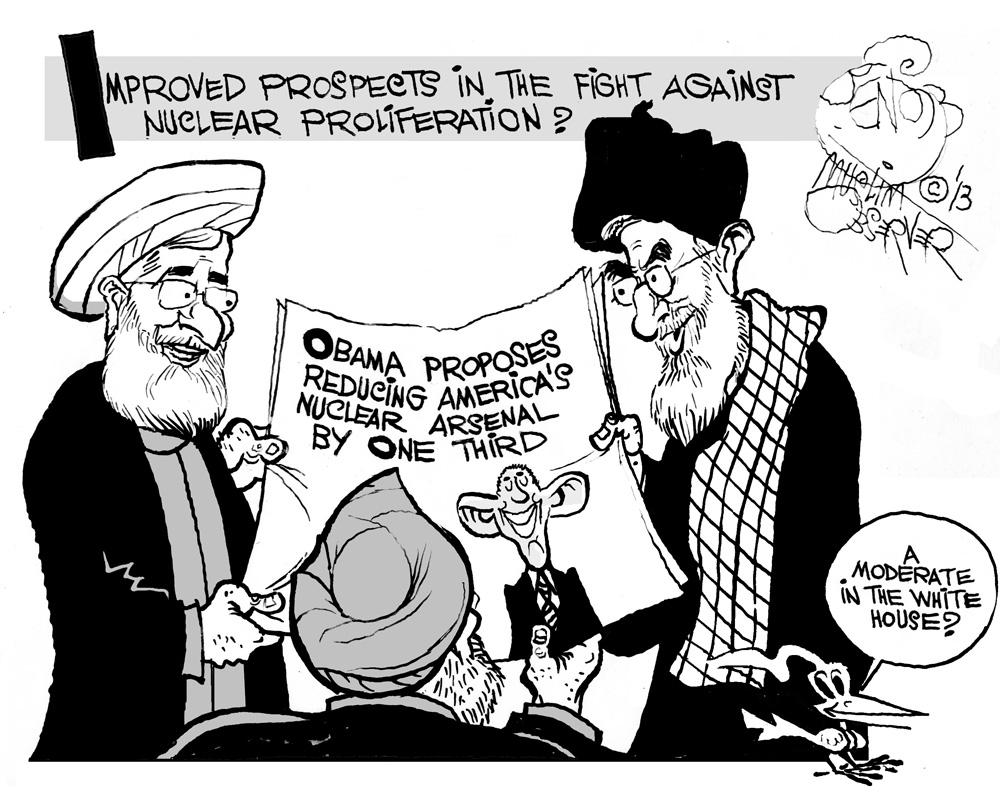
Washington’s fuss over Iran has more to do with its natural gas and oil reserves than anything else.
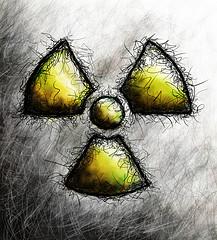
The government has yet to address the lapses in bomb-grade uranium storage security that an 82-year-old nun and her accomplices revealed months ago.

The next administration’s top short-term challenge will undoubtedly be to end U.S. involvement in combat operations in Afghanistan.
Bomb-grade uranium has been kept under questionable conditions, and over 200 pounds of it may be missing. Now, the U.S. government wants to waive safety requirements and bury the material straight into the ground.
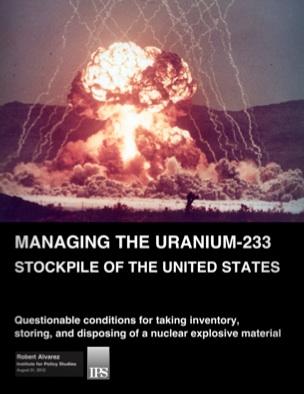
A shocking IPS report about the U.S. government’s mismanagement of a dangerous bomb-grade nuclear material that they now want to bury straight into the ground.
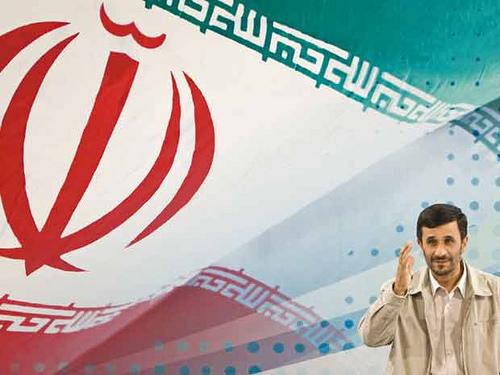
The parties must come to a compromise through negotiations.
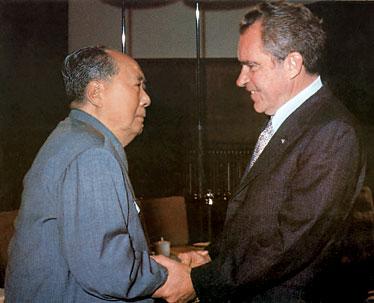
There is a growing feeling that the crisis in the Gulf can only be solved by a diplomatic grand bargain between America and Iran, much like Nixon’s normalization of U.S. relations with China.
The Institute for Science and International Security, no friend to Iran, struggles with the Parchin clean-up story.

The road to a negotiated settlement will be long and bumpy.
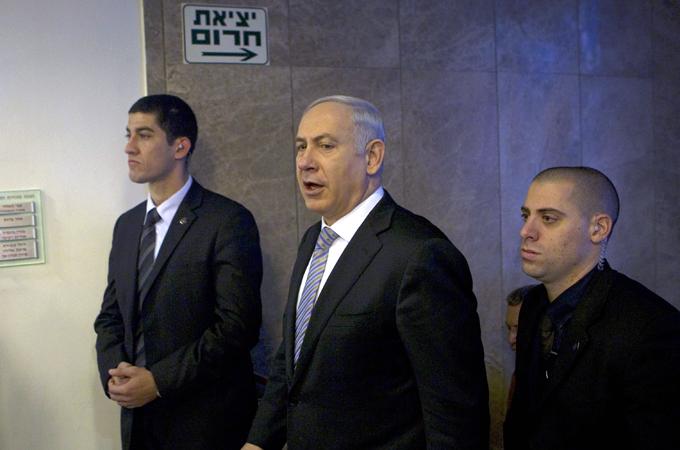
Intelligence confirms that Iran is not developing nuclear weapons – which leads to speculation that the sabre-rattling is because Israel wants to remain the sole regional nuclear hegemon.
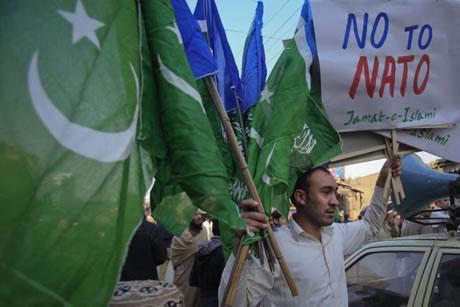
Unless there is a decisive turn in events, Washington might be getting closer to losing a powerful ally in a much-troubled and highly strategic region.
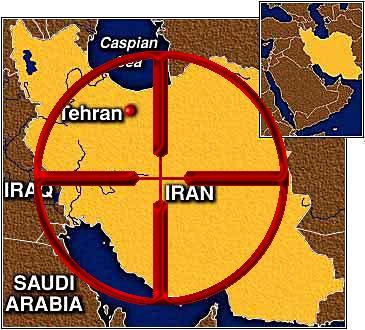
The nuclear intelligence that the media is fixated on consists mostly of allegations of abstract research that have been floating around for years.